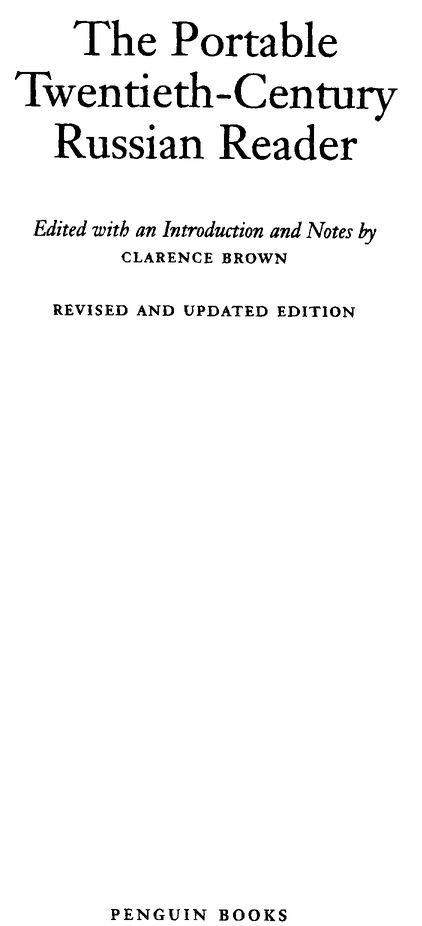Table of Contents
PENGUIN

CLASSICS
THE PORTABLE TWENTIETH-CENTURY
RUSSIAN READER
CLARENCE BROWN was born in Anderson, South Carolina, in 1929. He attended Duke, Michigan, and Harvard universities, and first learned Russian in the Army during the Korean War. A long-time member of the faculty at Princeton University, he is the author of many books of criticism and translation, including Yevgeny Zamyatins novel We, available in Penguin Classics.
ACKNOWLEDGMENTS
In the ocean of gratitude owed by the world of Russian scholarship to my friend the late Carl R. Proffer, my acknowledgment for his kind assistance in the compilation of this book is a small drop. My colleague Herman Ermolaev made numerous suggestions that improved my translation of Envy, for which I thank him. Robert Fagles exceeded his duties as my department chairman by his kindly criticism and encouragement. Ms. Carol Szymanski provided essential assistance. For their generous response to inquiries I am grateful also to Carol Avins, Grigory Freidin, and John Glad. Jacqueline Browns patience with this project has deepened my affection for her. None of the above is to blame for whatever shortcomings remain.
INTRODUCTION
Where there is personal liking we go.
Marianne Moore
I
Personal liking guided the choice of literature in this anthology, but there were other criteria as well. Works eligible for inclusion here had to be written originally in Russian and in this century and to be of a literary quality that survived, insofar as possible, translation into English. The first two requirements are purely mechanical; the third makes all the difference. One is occasionally tempted to give greater weight to importance than to literary excellenceto choose, that is, works that are in some sense required rather than satisfying. I have striven to restrain this pedagogical impulse. Any student of contemporary Russian writing will acknowledge that Ilya Ehrenburgs novel The Thaw, which lent its name to a brief episode of heady freedom, is important. So is Daniil Granins story Ones Own Opinions. Neither, however, is readable, or perhaps I should say re-readable; their social and political importance is the only sort of importance they have. The reader unversed in present-day life in the Soviet Union would require detailed explanation of why Granins dreary didactic fable, in which some utterly featureless bureaucrat arrives at an uncomfortable self-awareness, is important; whatever significance it has is strictly local, temporary, and nonliterary. Over every form of transient meaningfulness I have favored writing that I trust will prove to have literary permanence. If the paper lasts, this book ought to please your grandchildren.
The term Soviet literature, which is often misunderstood and deserves a brief comment, is absent from the title and rarely found in this book. Outside the USSR Soviet literature is roughly understood to mean Russian literature written in Russia after 1917. It is not so understood on its home territory, where the term applies to the prodigious output of belles lettres in the more than 120 distinct languages of the Soviet Union. What is more, any aspirant to inclusion in the ranks of Soviet literature has also to pass an unstated but clearly understood ideological test. Osip Mandelstams passport contained the word Jew in the blank after Nationality, but he was a citizen of the Soviet Union who wrote, in Russia and in Russian, the greater part of his works after 1917. He was perennially in trouble with the literary police and perished along with millions of other victims of Stalins terror in some Siberian camp in 1938. His recent move from almost total oblivion to literary ascendancy was accomplished entirely in the West. He is therefore not a Soviet writer, Andrei Sinyavskys passport carried the word Russian as the indication of his nationality, and up to the mid-1960s he was, to all outward appearances, a member of the Soviet literary Establishment. He was also writing, in Russia and in Russian, works of great literary merit, but this he did secretly, as the infamous Abram Tertz, and when he was exposed in 1966 he was sent to a labor campwhere he wrote three more extraordinary books!and then was forcibly exiled and stripped of his citizenship. Whatever the distinction of his former services to Soviet literature, he is emphatically no longer a Soviet writer.
The term Soviet, therefore, is an award conferred, withheld, or revoked by those who have appointed themselves to be its custodians. I am content that this should be so, for it vastly simplifies the task of the anthologist of Russian literature in this century. I have not to worry whether Akhmatova or Pasternak or Solzhenitsyn or Voinovich are or are not Soviet writers: They are all, in-alienably and forever, members of the grand enterprise known as Russian literature for the most unarguable of reasonsthey have molded their common birthright, the Russian language, into works of permanent value.
While we are speaking of terms, it might be worth noting that the term migr literature is becoming more and more dispensable with every passing year; it now denotes practically the same thing as Russian literature, since the Soviet authorities increasingly resort to forced foreign exile as the solution of their problems with dissident writers. Even though such a central masterpiece as Gogols Dead Souls was largely written in Rome, it was formerly an exception for great Russian writing to spring from foreign soil. Today, however, now that the vast diaspora of Russian excellence has reached what is called the Third Wave, it is almost the rule that anything worth reading in Russian will have been written in Paris or London, Tel Aviv or Hollywood, Vermont or New York (especially Brooklyn).
Is nothing of value now being written in Russia? The example of Bulgakovs The Master and Margarita should serve as a caution against too assured an answer. It was written in the Soviet Union in the 1930s, but since no one knew that fact (it lay hidden in a drawer for decades) it forms no part of the literature of that time. This is a great pity, as Konstantin Paustovsky observed in 1967: How could it have happened that books whose artistic merit was negligible and which at most revealed the sharpness and cunning of their authors were presented as masterpieces of our literature, whereas excellent works ... lay hidden and only saw the light of day a quarter of a century after they were written ... ? The damage done is irreparable. Had for instance the works of Andrei Platonov and Mikhail Bulgakov appeared when they were written, our contemporaries would have been immeasurably richer in spirit.
Who knows what novels like Pasternaks Dr. Zhivago or memoirs like Nadezhda Mandelstams Hope against Hope are quietly ripening in some place of concealment in the motherland? I do not. It is therefore better to content oneself with saying that among what is visible there are no works of genius to compare with the stories of Varlam Shalamov or the novels of Sasha Sokolov. There are no literary journals that contain anything like the aesthetic and intellectual excitement to be found in Kontinent and Sin-taksis and the plethora of others published in France, Germany, England, Israel, Canada, and the United States.


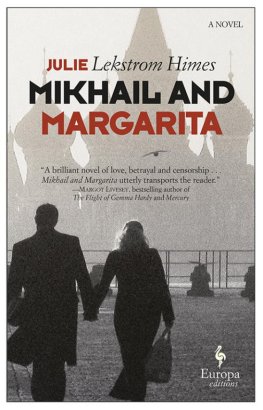
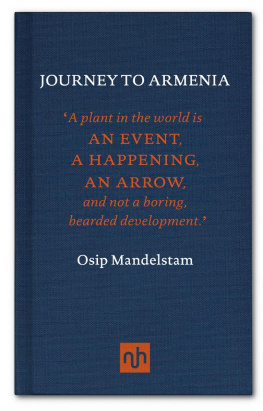
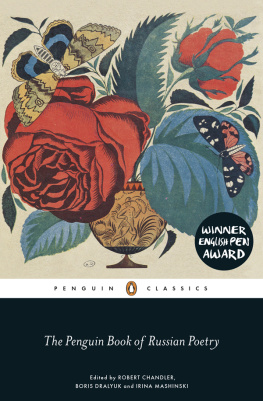
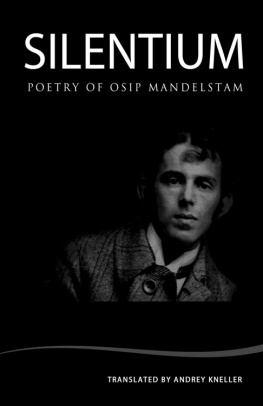
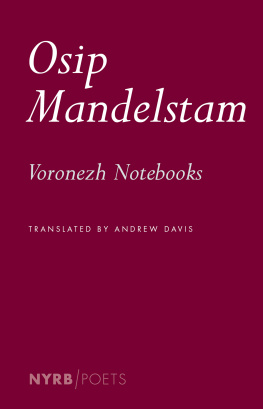

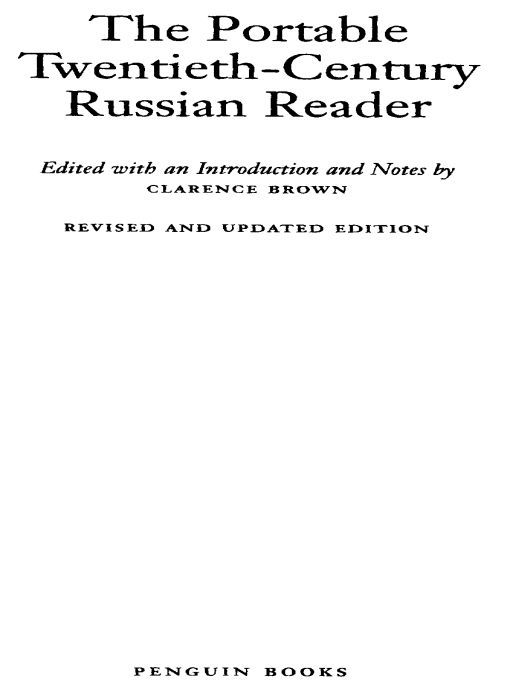
 CLASSICS
CLASSICS